NE LAISSER PAS LE 5G DETRUIRE VOTRE ADN Protéger toute votre famille avec les appareils Quantiques Orgo-Life® Publicité par Adpathway
“God blessed me with the opportunity to become a son of America”, Marco Rubio once said. When running against Donald Trump for the Republican nomination in the 2016 presidential election, the current US Secretary of State based his campaign on the story of his parents, who were economic migrants from Cuba.
A few years earlier, while still a local politician fighting for votes in Florida, Rubio even claimed – untruthfully – that they were refugees who had fled Fidel Castro's regime. Today he is closing America's doors to both refugees and economic migrants. Rubio is sometimes tipped as a future president; he would never even have become a “son of America” if a Trumpian edict abolishing birthright citizenship had been in force at his birth.
A similar paradox has been pointed out in relation to Priti Patel, formerly the British Home Secretary in Boris Johnson's government. Besides a series of restrictions on migration, she pushed a plan to deport asylum-seekers to Rwanda. Yet in an interview she admitted that under her proposed legislation, her own parents, who were Indian-origin immigrants from Uganda, might not have been allowed to enter the UK.
An even fiercer opponent of migration is Tomio Okamura, a far-right Czech politician of Japanese descent. He rose to fame with his various calls to ban Islam, boycott kebabs, let pigs roam free near mosques, and deport Roma people to India. It was all in the name of “defending Western civilisation”. In the most recent elections, Okamura campaigned with posters depicting a dark-skinned man with a bloody knife. “Imported surgeons will not solve the problems in healthcare”, read the caption.
Cet article vous intéresse ?
Il est en accès libre grâce au soutien de notre communauté. Publier et traduire nos articles à un coût. Pour continuer à vous informer en toute indépendance, nous avons besoin de votre soutien.
The fact that he himself claims to have been the victim of racism on numerous occasions has been no obstacle to his inflammatory rhetoric. He says he was bullied in his Czech children's home because of his slanted eyes, and that when he went to Japan as a young man he couldn't find work because he was seen as a “half-breed.”
Then there is Geert Wilders (PVV, far right), the Dutch politician notorious for his anti-immigration stances. As Wilders’s own brother pointed out on Twitter, their mother was born in the Dutch East Indies (now Indonesia), and Geert's wife is Hungarian with Turkish roots.
Over in Germany, the left-populist Sahra Wagenknecht is the daughter of an immigrant from Iran. At school in the GDR she was bullied for her dark eyes; today she opposes immigration. Unlike the others, she does so from a left-wing position, i.e. out of concern not so much for German culture as for the resources of the German welfare state.
Prejudice and angst about stigma
That might sound obvious, but social scientists, especially economists, have only recently started doing serious research on the feelings of settled immigrants towards more recent immigrants. Before, the focus was on their relationships with the locals. As Aflatun Kaeser and Massimiliano Tani write (in “Do immigrants ever oppose immigration?”, a 2023 article in the European Journal of Political Economy), the question only began attracting widespread attention in 2016. In that year's US presidential election, a surprising number of Latinos voted for Donald Trump, the man who wanted to build a wall on the US-Mexico border.
Research conducted since then shows that immigrants can easily adopt the anti-immigrant sentiments of their hosts, that they bring their prejudices with them, and that those with higher socioeconomic status may distance themselves from others for fear of losing their standing or simply to distinguish themselves from members of a stigmatised group.
Ethnic Germans, “Polacks”, and Gastarbeiter
Such tensions are clearly visible in countries with long histories of immigration. In Germany, this began after the Second World War with the arrival of German-speakers from eastern Europe. Evicted from their their homes because of their German ethnicity, in Germany they found themselves called “Polacken” (“Polacks”, connoting eastern barbarians). Later, during the “economic miracle” of the 1950s and 1960s, the West German government brought in “guest workers” – typically Italians, Greeks, Turks, Spanish, and Yugoslavians.
The Gastarbeiter were supposed to return home when their contracts expired, but did not, much to the displeasure of many locals, including the “Polacks”. In turn, since the newcomers' status in their adopted homeland largely depended on work, they and their children viewed with suspicion the successive waves of refugees (from communist Eastern Europe, war-torn Yugoslavia, Syria, and finally Ukraine), who often enjoyed various privileges. Throughout this period Germany also received a good deal of immigration from the countries of the disintegrating USSR and, a little later, from those joining the European Union.
I had the opportunity to observe these tensions on a local level while preparing a report on Poles living in Berlin. Some of the so-called Solidarity émigrés (Polish political dissidents exiled in the 1980s) told me that they felt superior to those Poles, “more German than the Germans” (sometimes they were of German ethnicity), who had been allowed to move to West Germany in the 1970s in exchange for a low-interest loan to the communist government of Edward Gierek. In turn, both groups looked down on the Poles who began to flock to West Berlin in the 1980s in search of irregular work.
Le meilleur du journalisme européen dans votre boîte mail chaque jeudi
Vous pouvez vous désinscrire à tout moment *
Their shame grew after the winds of change came. Then, Berliners began to associate Poles with criminal gangs and with the hustlers at the so-called Polenmarkt, an illicit market near Potsdamer Platz.
More than three decades later, there is no trace of the Polish mafia or the Polenmarkt, and hardly any Poles are coming to Germany ”for welfare”. But Polish migrants still find reasons to look down on each other in the U-Bahn. Generally speaking, a young creative professional does not want to be associated with a homeless person – and it has to be said that both groups are well represented among Poles in Berlin today.
German politicians have begun to follow these contentions more closely, especially since it became easier to obtain German citizenship (and thus the right to vote). As of today, after just five years (or even three, in exceptional cases) of residence in Germany, one can obtain citizenship without having to renounce one's other nationality. In recent years the right-wing populist AfD has been among the parties that have most assiduously courted new citizens of post-Soviet and Turkish origin.
Polish migrants still find reasons to look down on each other in the U-Bahn
Indeed, a recent study by the German Centre for Integration and Migration Research (DeZIM) shows that AfD's efforts are paying off. In the February parliamentary elections, citizens from the former USSR were 19.4% more likely to vote for the AfD than voters without any immigration background. Conversely, Turkish Germans were 9.4% less supportive than ethnic Germans, which was still a significant increase compared to 2017, when no Turks at all declared their support for the AfD in a similar survey. Both groups are also much more likely to declare their support for the left-populist migration-sceptic Sahra Wagenknecht Alliance.
Ukrainians in Poland: between solidarity and hostility
In 2025, it is difficult to see Poland as anything other than an immigrant country. However, in our politics there is still no (former) immigrant who talks down other immigrants. Two possible exceptions were pro-Russian representatives of the “borderland communities” who ran for the European Parliament in 2019 for the far-right party Confederation. In the last parliamentary elections, only five people with an immigrant background ran for office in Poland, none of whom were Ukrainian.
“There are many immigrants in Poland, but those who have been naturalised are still too few for their voices to be taken into account”, explains Olena Babakova, a journalist and migration researcher. “To apply for a Polish passport without Polish ancestry or a Polish spouse, you have to live in Poland for eight years without any significant breaks, and pass a difficult language test.” Although 50,000 Ukrainians have obtained Polish passports in the last 15 years, they are widely dispersed across electoral districts.
“Another issue is that the Ukrainian diaspora is poorly integrated into Polish society and politics”, adds Babakova. “Forget running for office, many migrants don't even know who the Polish Prime Minister is.”
Poland's experience as a country of immigration only really began after 2015, when a statistically significant Ukrainian population arrived in the country. “That's why it's still difficult to talk about such complex relations between migrant groups, as for example in Germany or France”, says Babakova. "Based on my own observations, I can comment on the tensions within the Ukrainian diaspora. Most Ukrainians who came to Poland before 2015 come from the Ukrainian-speaking west, so they viewed newcomers from other parts of Ukraine, especially Russian-speaking ones, with reserve. In turn, migrants who arrived after 2015 may have been somewhat jealous of the privileges granted to refugees after 2022. A nearly full access to the labour market, the possibility of setting up a sole proprietorship, free healthcare – there are those who have been living and paying taxes in Poland for ten years and still do not have these privileges.”
Olena Babakova's observations are confirmed by Grzegorz Demel, a political scientist at the Polish Academy of Sciences. For several years his team has been researching Poland's Ukrainian diaspora. He notes that the former division between west and east has taken on a new meaning with the outbreak of full-scale war. “Our interlocutors from southern and eastern Ukraine sometimes say that they hear people from western Ukraine in Poland saying that the war broke out because of them, because they speak Russian. To which they respond in kind, asking, 'Well, what are you doing here in Poland, if your city is relatively safe? Let me guess – you came here to get the 800-Plus [a welfare programme for Ukrainian refugees], and you're renting your apartment to people from Kherson for triple the rent?”
It is more difficult to gauge tensions between Ukrainians and other nationalities that have only recently arrived in Poland in large numbers. “At one of the right-wing demonstrations against refugees in 2015, I met a group carrying a Ukrainian flag”, recalls Babakova. “I asked them if they were bothered by the anti-migrant slogans at the protest. They replied that migrants were black people, and that they, the Ukrainians, had come to Poland legally to work. I thought about them a year later when I saw British Poles at the Brexit demonstrations.”
Babakova also points to the Ukrainians’ negative feelings towards Belarusians at the beginning of the full-scale war. "There was a brief moment when Ukrainians made it clear to Belarusians: you are not welcome here in Poland because you are a citizen of a country that attacked us and you did not protest or at least not as fervently as we did at Maidan.”
Olena Babakova occasionally encounters prejudice against people from the Caucasus or Central Asia. These groups have roots going back to the Soviet Union and even in some cases to the Russian colonial era. “However, little has come of these isolated instances” of discord, says the journalist. “A political smear campaign against Georgians did not stir up Ukrainian public opinion. One might have expected critical comments such as ‘Georgians are spoiling the Poles’ attitude towards migrants'.”
Why such restraint? Ukrainians like to consider themselves a “better” class of migrant in Poland but they know that when a politician says “migrant”, most Poles understand “Ukrainian”, suggests Babakova. “Therefore, hatred directed at other migrants would not raise the status of Ukrainians as privileged white migrants. Instead, it might drag them down to the same level as everyone else.”
The most interesting is yet to come, according to Olena Babakova. “In 10-15 years, immigrant children who have gone through the entire Polish education system will be entering adulthood. Today, it is standard for a child in a Polish school to come home after a few weeks and conclude, ‘In Poland, you have to speak Polish’. And kids react to this in different ways. Either they assimilate radically and become turbo-Polish nationalists, or they rebel and tell their new friends ‘I will never be like you’. Or they start having mental-health issues because of these identity dilemmas, since they no longer identify strongly with their country of origin. It's hard to predict how these kids will vote when they reach adulthood.”


.png) 3 week_ago
33
3 week_ago
33









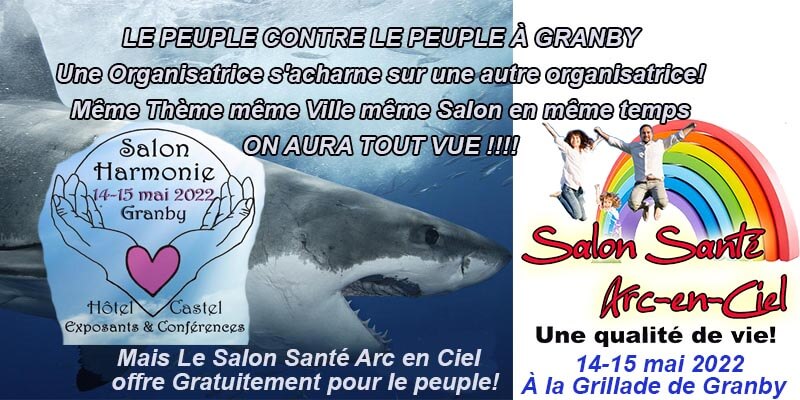
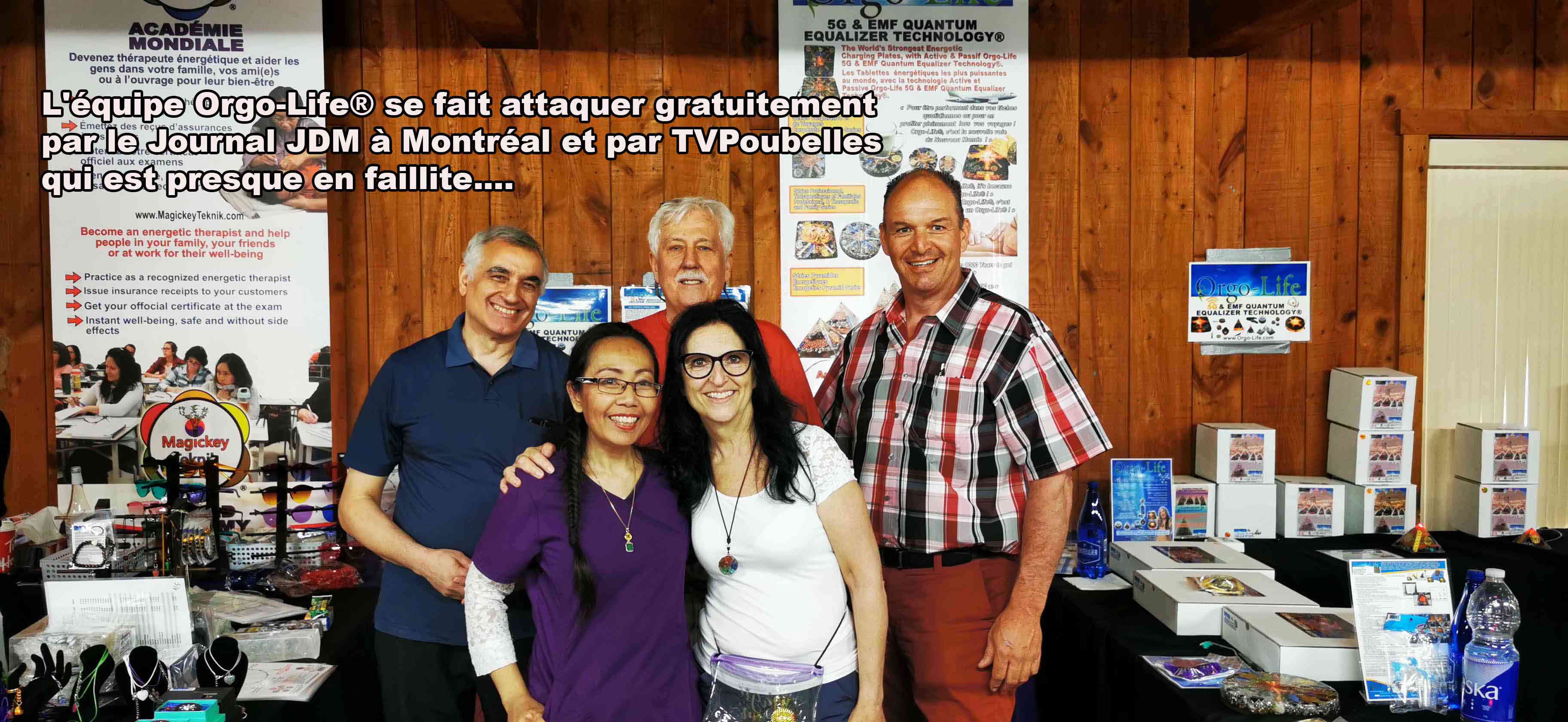
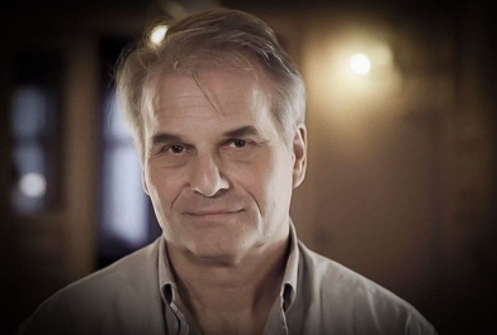

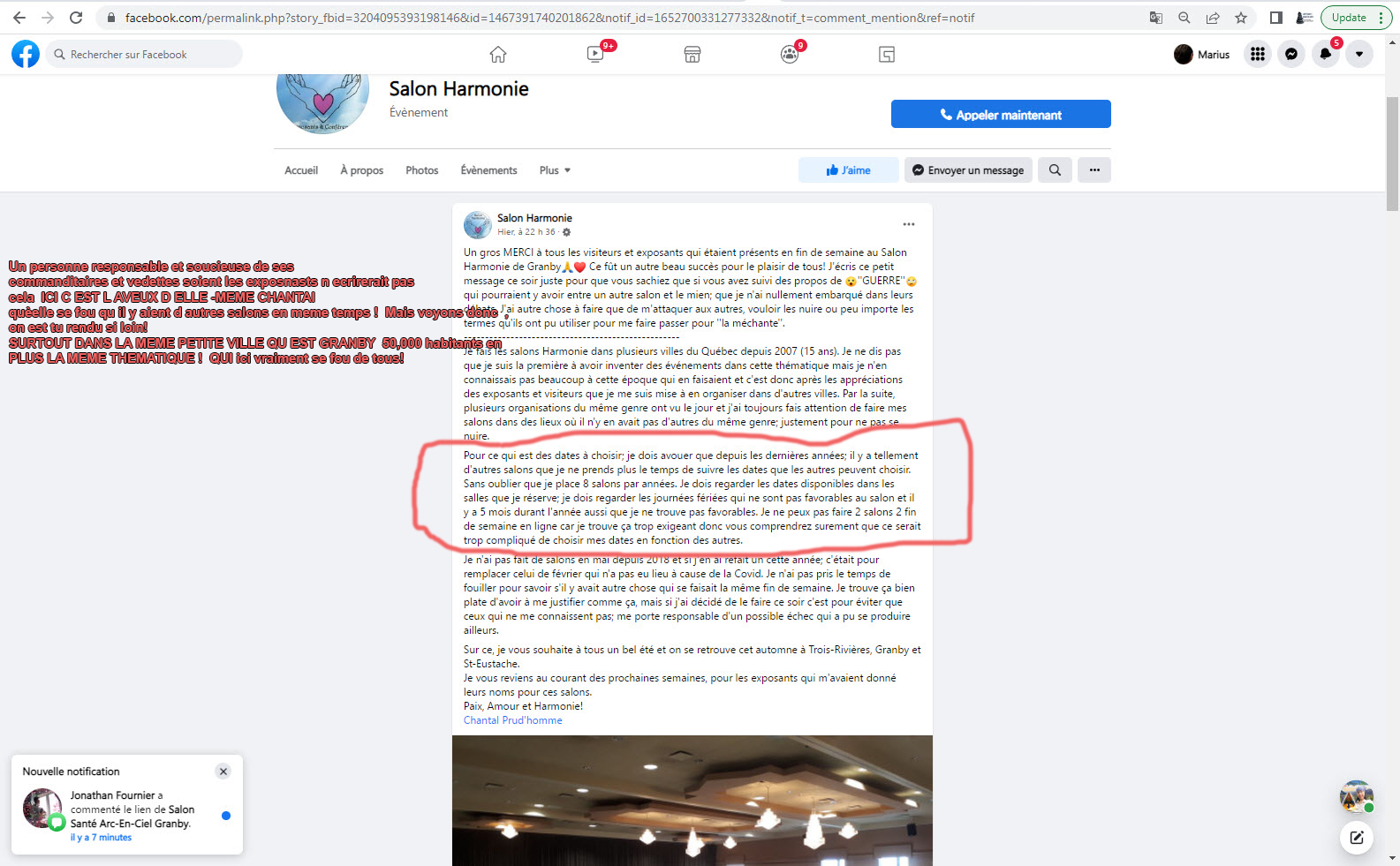
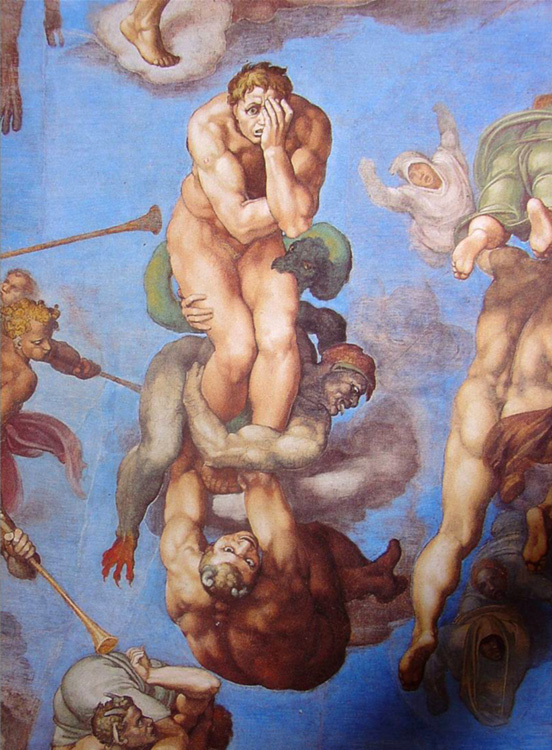
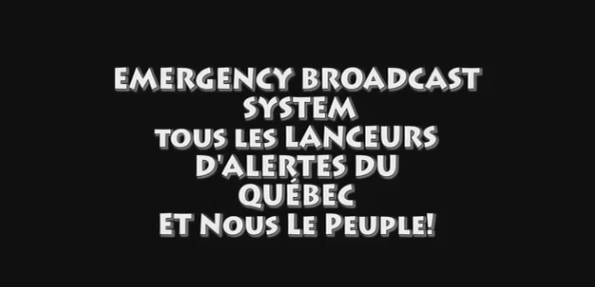
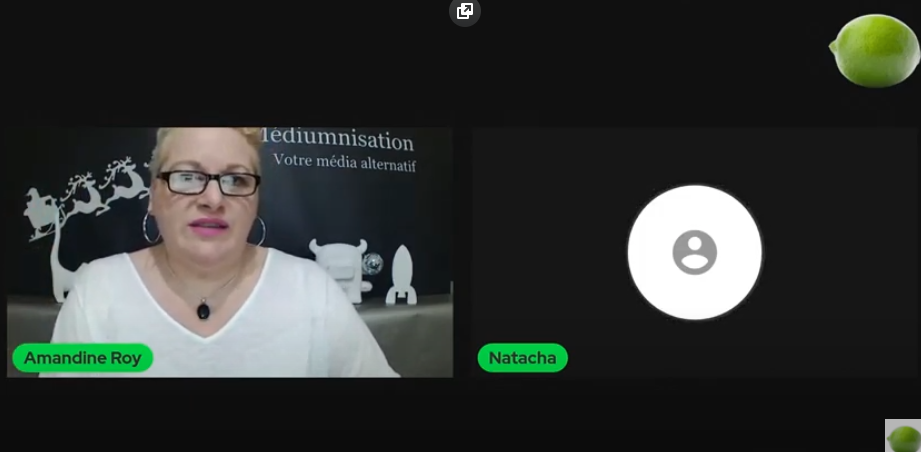

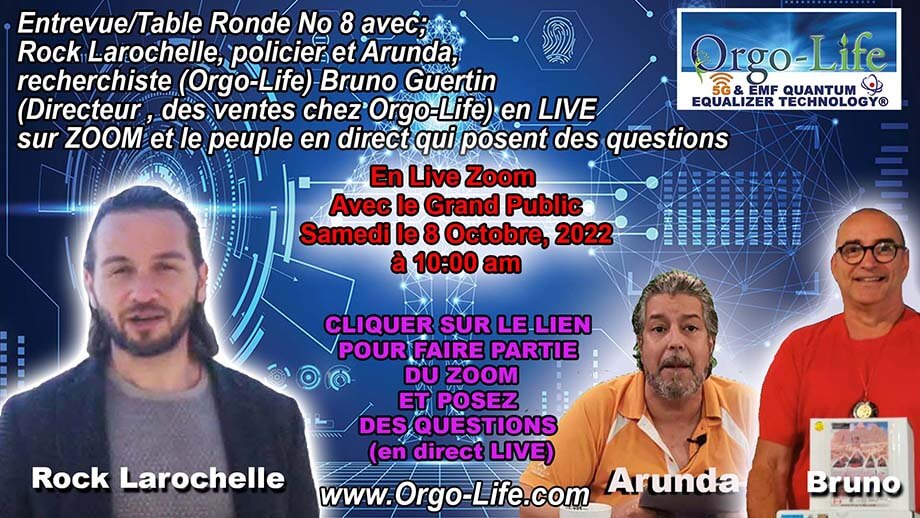
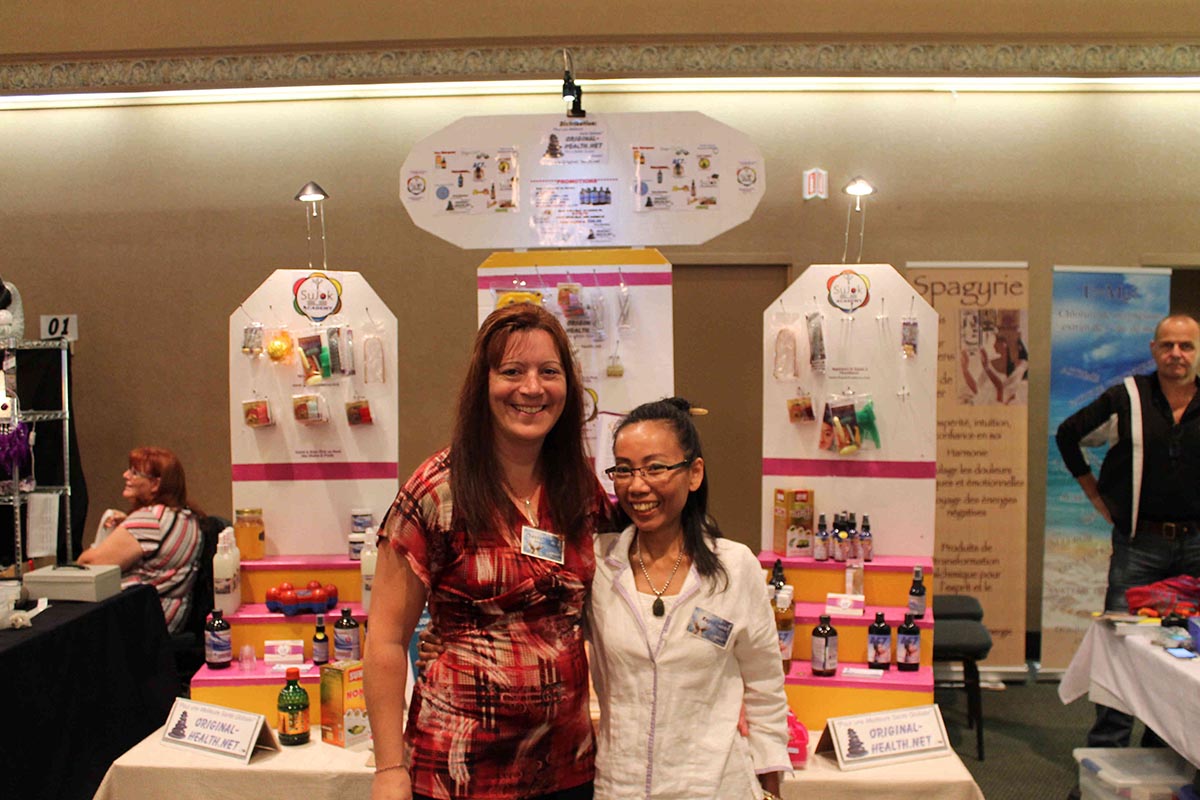
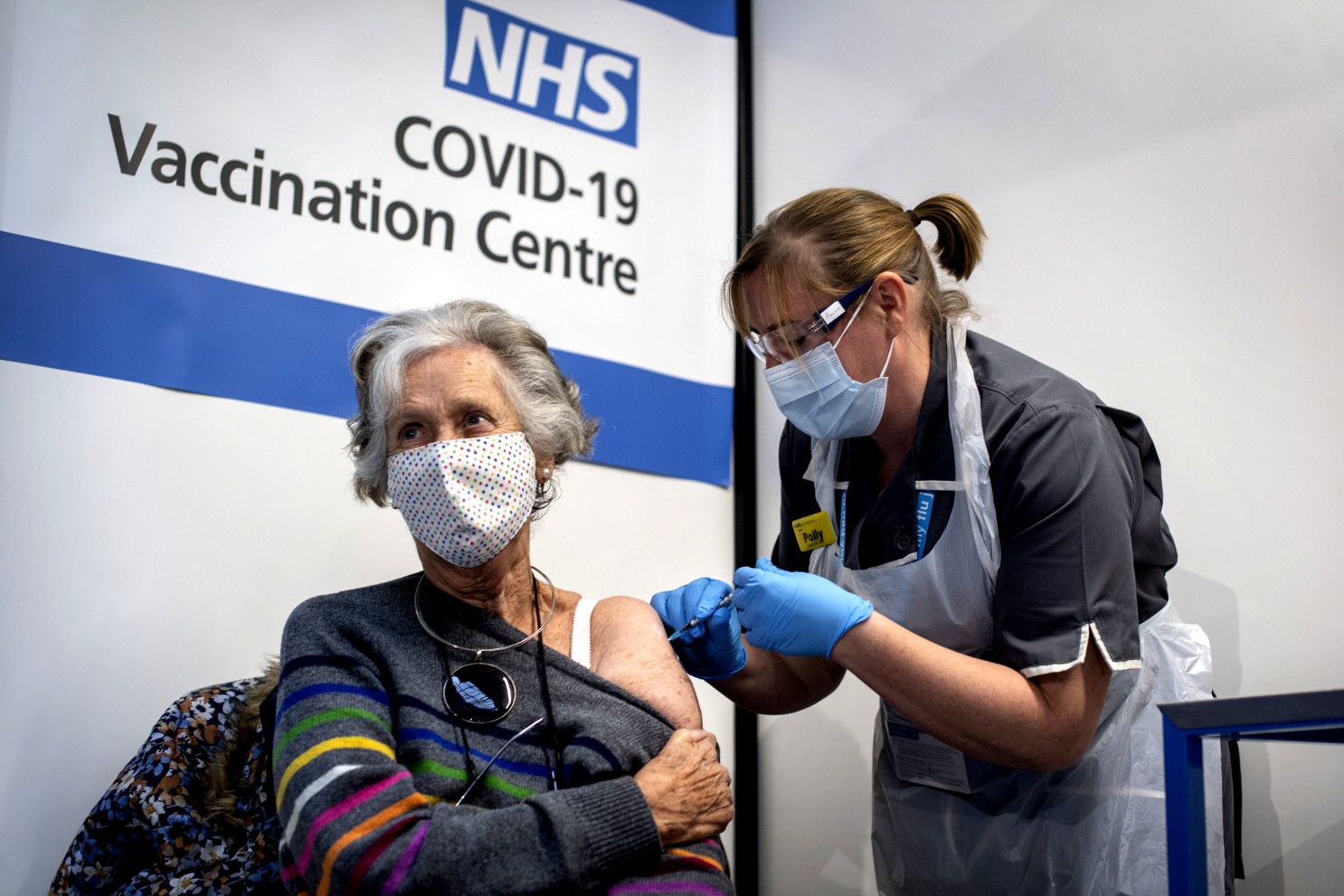
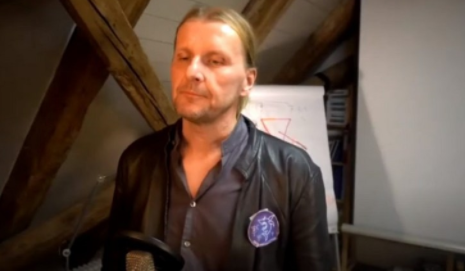



 French (CA)
French (CA)